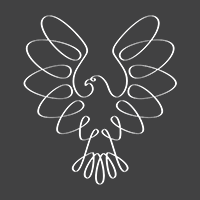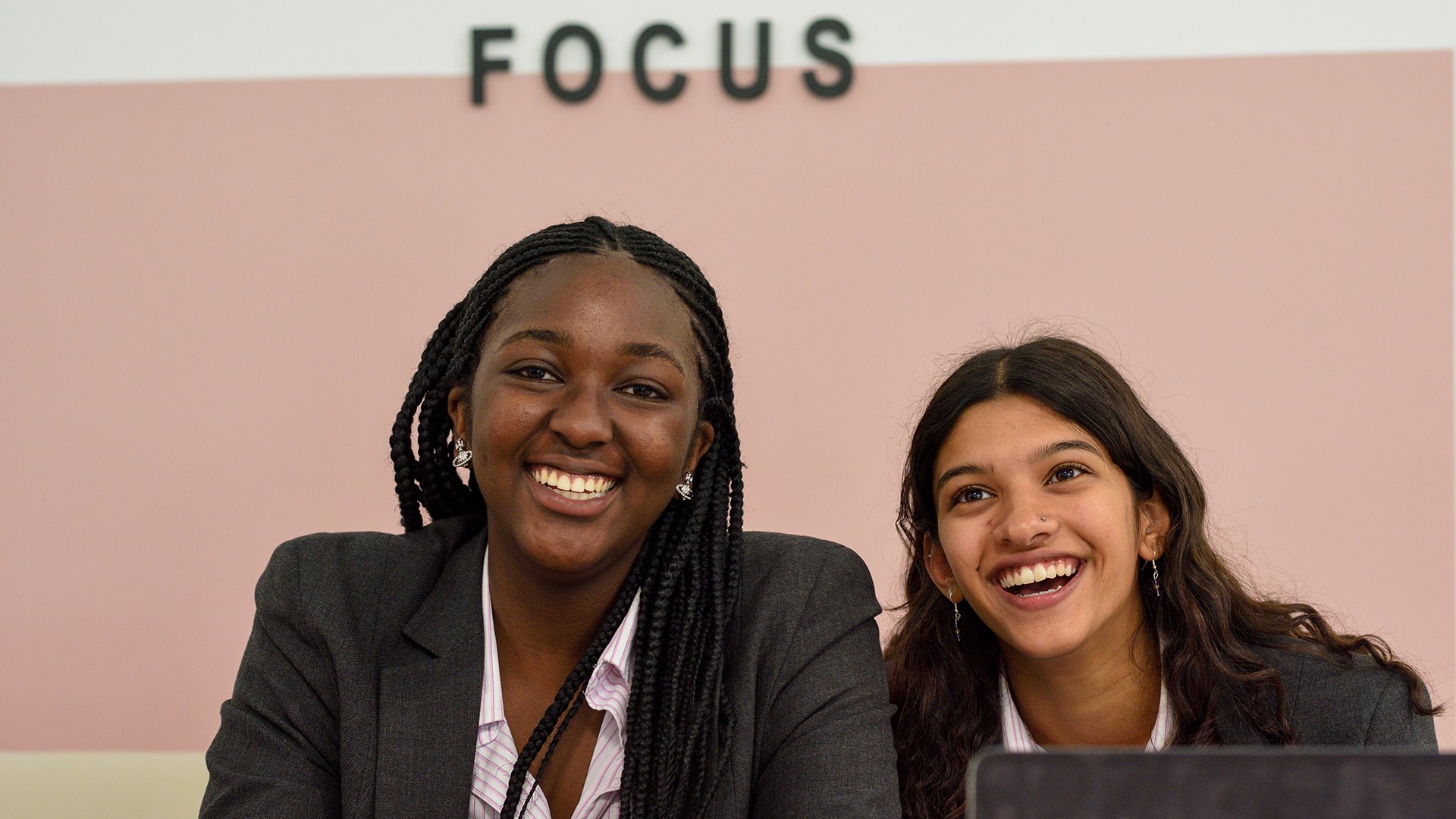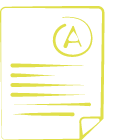We prepare our students exceptionally well for the next steps into the world of university or work. It is important that they deeply embed a wide set of skills through both academic study and co-curricular pursuits so that they can confidently face the challenges and opportunities ahead.
Our students are self-regulated and independent; they develop an understanding of who they are as an individual, recognise their unique talents and build an inner core of confidence which guides their future paths.
The advantage of Bedford Girls’ School Sixth Form is the availability of choice of qualification. All students have the opportunity of either pursuing the International Baccalaureate Diploma or A Levels so they can tailor a course of study which fits their passions and aspirations, building independence, knowledge, and in-depth understanding through the pursuit of study.
All students continue with PE, PSHE and CAS (Creativity, Activity and Service) in the Sixth Form to help provide balance and interest to their days.
Sixth Form is about developing intrigue and passion for subjects, our expert specialist teachers relish the chance to share their love for their subjects with our students.
Students have more independence but we spend time helping them build good study habits; we run academic clinics, offer one-on-one support and a huge range of academic societies to enable our students to fully embrace their areas of specialisation.
The IB Diploma Programme
The IB Diploma Programme offers an extremely rewarding holistic approach, which develops and challenges the learner and deeply embeds core lifelong learning attributes. The unique breadth of the programme prepares students for university and the working world as well as developing their global outlook and embedding intellect.
Students undertake three subjects at Higher Level (HL) to develop specialism and three at Standard Level (SL) to create interdisciplinary knowledge. All students must include Mathematics, English and a Language, a Science and a Humanity within their choices, adding an additional Arts, Language, Humanities or Science subject to reach six subjects.
Everything counts toward the final IB Diploma and there are elements of course work and presentations for each subject which are delivered across the two year programme and can contribute up to 40% of the grade for an individual subject. They also undertake examinations at the end of the two year course.
In addition, in order to be awarded the Diploma status, students complete:
- A research essay
- A course in the Theory of Knowledge (ToK)
- A programme of creativity, action and service (CAS)
These all count towards their final Diploma mark. Helping students stay focused and playing to strengths and helps them hone news skills before leaving school.
Universities and employers in the UK and internationally recognise the immense value of the Diploma Programme and we regularly see lower university offers for IB students than the A Level equivalent.
Find out more about the International Baccalaureate Diploma
IB Diploma Course Listings 2026-28
A Levels
A Levels provides a linear approach to learning and suits students who have a deep routed passion in very specific subject areas. To allow students time to develop their learning, for them to make connections and to have more time to explore and experiment, they will have 10 hours of teaching time a fortnight for each A Level subject.
Students who follow the A Level programme specialise in three subjects only and all sit external examinations at the end of the two year courses. Entry requirements for university continue to be three good grades at A Level. We believe it is better to concentrate on achieving these grades in three subjects and having time to undertake the extra qualifications, which are highly valued, and often expected, by universities and employers.
We expect all A Level students to demonstrate a strong commitment to CAS, complete the EPQ and to engage in other short academic courses to illustrate their commitment to developing subject knowledge and skills.
A Level Course Listings 2026-28



 Exam Results and Destinations
Exam Results and Destinations